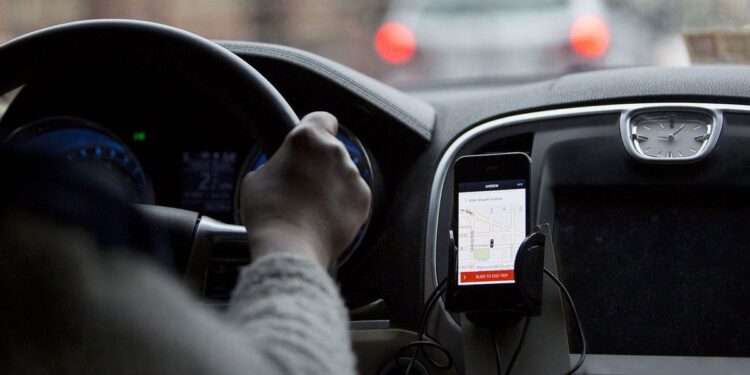Drivers using Uber and Bolt are increasingly asking their customers to pay more than the apps’ suggested prices. They are using rising fuel costs and dissatisfaction with ride-hailing companies’ fare adjustments as an excuse to do so.
Drivers have been asking for up to ₦2,000 more per trip, warning customers to “pay extra or cancel.”
“If you book a ride that is not up to ₦3,000, drivers will demand ₦5,000 or else they’ll cancel the trip,” one gig driver told TechCabal.
Ride-hailing companies have responded with minor fare increment. Bolt announced a 15% fare increase, while Uber raised base fares by 13%. However, many drivers believe these increment are not enough.
“The fare increment does not match the 47% extra we now have to pay for fuel,” said Olakunle, a gig driver.
Olakunle, who usually drives for 10 hours a day, said that he used to complete 30 trips over three days. Now, due to the rising cost of fuel, he barely completes 20 trips as cost considerations are made. He also noted that drivers are opting for longer trips to make up for their reduced margins.
InDrive, a smaller ride-hailing competitor, has also adjusted prices across six major Nigerian cities after receiving feedback from both drivers and riders.
However, the specifics of the fare increases remain unclear, as none of the companies have disclosed what their percentage hikes mean for actual base fares.
Customers are also likely pulling back from using ride-hailing services as they are also feeling the brunt.
“Cab rides are now more expensive. My journey back home used to cost around ₦2,500 to ₦3,000. It’s now about ₦6,500 on Bolt,” one customer complained.
While ride-hailing companies have introduced incentives to keep drivers engaged—such as fuel bonuses—many drivers argue that it’s not enough.
“We just concluded a weekly campaign where we could win ₦10,000 fuel bonus each time we finished eight rides with few cancellations,” said Olakunle, yet most drivers continue to struggle with rising costs.






















































